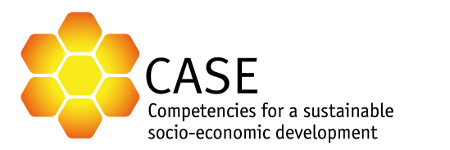 What is it about?
What is it about?
Keeping a learning diary during a project or writing a reflection paper helps to promote continous self-reflection about project experiences. Reflection is regarded as a key for the development of competencies and is the basis for self-determination in the learning process. Taking time to structure reflection processes in written form can help students to process experiences better and assist personal development.
The provided templates recommend structures and orientation questions and shall motivate and support students to write diaries and reflection papers. They can also help teachers to get deeper insights into students ideas and project challenges.
The benefit for students to keep a learning diary or write a reflection paper is that they can reflect about their personal learning processes for instance during different project phases.
A diary/reflection paper is not a bullet point list of to does or topics discussed, planned or done in a project but a personal dialogue and discussion about own ideas, thoughts, emotions and insights gained in teams/with other stakeholders.
Ideally it provides a written documentation exemplifying personal learning processes.
A diary should be started from the beginning of a project and kept continously. Updates are recommended directly after meetings, group work, research sessions or any related activities.
The approach towards personal reflection should be chosen by the student as it can be very helpful to write down emotions for some but too intimate to share them for others. Teachers should be aware of this and might offer different reflection opportunities to students.
Diaries and reflection papers are most of all tools for students personal reflection. Nevertheless it can be interesting to assess learning outcomes exemplified in diaries in combination with project outputs. However they should not be used as a singular source for assessment only and treated confidentialy except agreed with all parties involved before.
Assessment criteria should therefor be adapted to concrete project/course contexts and always made transparent to students and other involved stakeholders.
 Features
Features
- Written self-reflection
- Processing experiences
- Structuring learning outcomes
- Deeper insights into challenges


 Where to use it?
Where to use it? Downloads
Downloads